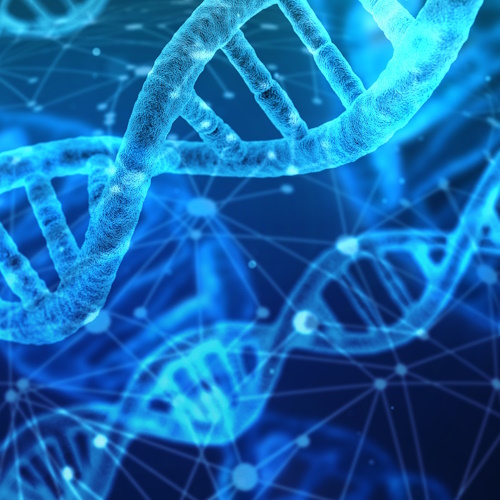Key points from article :
DNA is not your destiny, and SNPs are duds for disease prediction.
Common diseases have a genetic contribution of 5 to 10 percent at most.
This includes cancers, diabetes, and Alzheimer's.
Notable exceptions are Crohn’s disease, celiac disease, and macular degeneration.
These have a genetic contribution of approximately 40 to 50 percent.
Metabolites, proteins, microbiome provides more accurate measure of human disease risk.
There is a need to understand our environment and safety of food, air, and water.
Research from University of Alberta, published in PLOS ONE.




